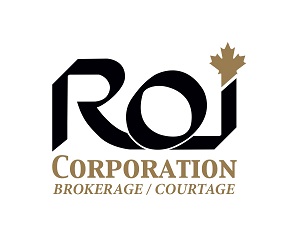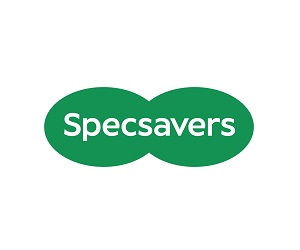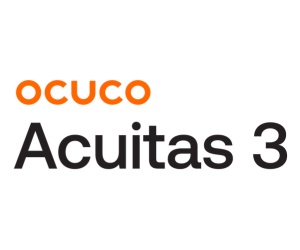
A client of mine is having anxiety about her expiring premise lease. She wants to stay – it’s a great building and she invested almost $1 million in leasehold improvements and non-moveable fixtures. But the landlord is inserting a building demolition clause in all the renewal leases. For someone who’s three years from retiring and planning her exit strategy, moving isn’t part of the plan.
As I explained to my client, a landlord wants AAA tenants – those who have a solid track record and pay rent on time – particularly a successful professional like her. However, all landlords also have contingency plans to sell a building and they want the right to relocate you within the building (RELO) or terminate your lease and deliver the property vacant, should the new owner want to reposition the building or demolish it (DEMO).
These clauses and rights favour landlords by making a building more valuable. Tenants hate these clauses; landlords and their realtors love them. This doesn’t discount the fact that full occupancy and high rents are still the main priorities for a landlord. But a RELO and/or DEMO clause makes the property more valuable and/or saleable to multiple interested buyers, which is another high priority of the landlord.
As a tenant, you won’t know the details of the DEMO clause specific to your lease until the renewal lease proposal arrives. My client’s current lease says that her landlord does not have to provide the renewal lease proposal until precisely six months before the current lease expires. This give tenants very little time to plan for relocation and a savvy landlord knows that. Landlords have the upper hand in these situations.
In working with my client on her exit plan, we want at least 10 years of tenancy from the date she sells in order to obtain 10-year-term financing for the buyer. Ten-year-term financing allows for increased practice sale prices. But it’s more likely that we’ll get three to five years of secured tenancy, after which the DEMO clause (or “threat”) will arise. Assuming my client sells in about three years, as per her plan, the new owner will then have as little as one or two years before being forced to move. And this, of course, will substantially reduce the sale price of any practice.
There’s the option to move and purchase a property. But that means starting the hunt for a business space now. For my client, that means about one year to find a nearby property, buy it and design/build a new office. It’s tight but it can be done. And buying real estate is always a good move, even if it is a long-term investment (think 10 years or more) and her career exit plan is three years.
It may seem to be a conflict, but don’t attach career to a real estate investment. These are
separate decisions with differing commitments and timelines. Real estate can generate income for you and your family for many years. Your practice only generates income for you while you own it and to a lesser extent, if/when you become an associate with a new buyer.
The alternative is to stay and gamble that the landlord will not evoke the DEMO clause (a 50/50 probability) until 2023 or 2024, based on what might be happening in the surrounding real estate area. Or there’s the option to sign a new lease in a neighbouring building, move and custom build another office (as my client did 20 years ago). To do so means abandoning the leaseholds of the current suite (estimated value in the hundreds of thousands of dollars) and getting a bank loan to build the new office – and be at the whim of another landlord.
Landlords will always position their holdings for resale and will not accommodate tenants who occupy a relatively small portion of their building (like my client’s practice, which is just 3% of the entire property). And so, as I suggested to her, buying her own property may be the best move (quite literally). The alternatives for professionals in leasehold agreements – who are also planning their exit strategy and career retirement – are limited.
Find something in the area you want and secure a long-term real estate investment. The bonus is that it’ll become a second retirement income once the practice is sold. As has been said by a billionaire oil tycoon, “If it appreciates, buy it. If it depreciates, lease it.” Don’t let your practice depreciate.

TIMOTHY BROWN
is Chief Executive Office of ROI Corporation Canada’s national professional practice and brokerage firm.




















